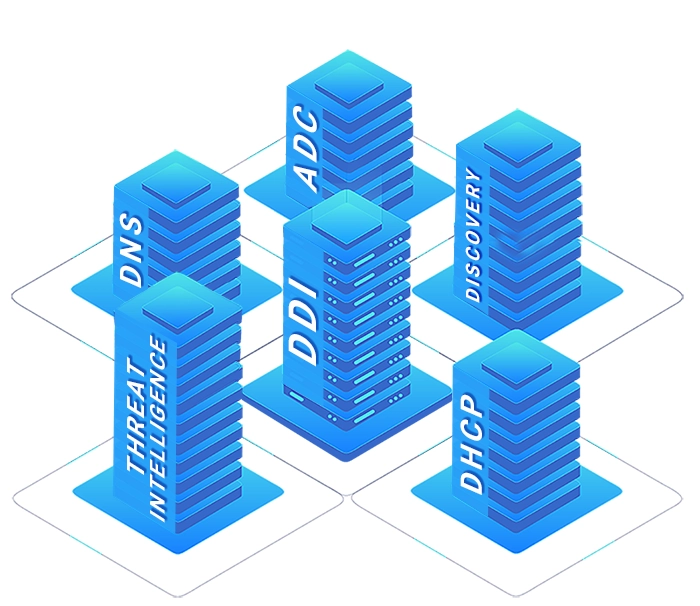We use cookies on this site to
improve your browsing experience, analyze individualized usage, and
website traffic tailor content to your preferences, and make your
interactions with our website more meaningful. By clicking "Accept All" closing this banner, or continuing to browse this site, you
consent to the use of cookies.
-
Products
-
Solutions & Technology
-
Services & Support
-
Resources
-
Company
-
Customer Portal














 With the increasing popularity of
ChatGPT, we were concerned about the potential security risks and
scams that could target our network and users. However, TCPWave's
comprehensive DNS defense capabilities have provided us with a
robust shield against these threats.
With the increasing popularity of
ChatGPT, we were concerned about the potential security risks and
scams that could target our network and users. However, TCPWave's
comprehensive DNS defense capabilities have provided us with a
robust shield against these threats. 